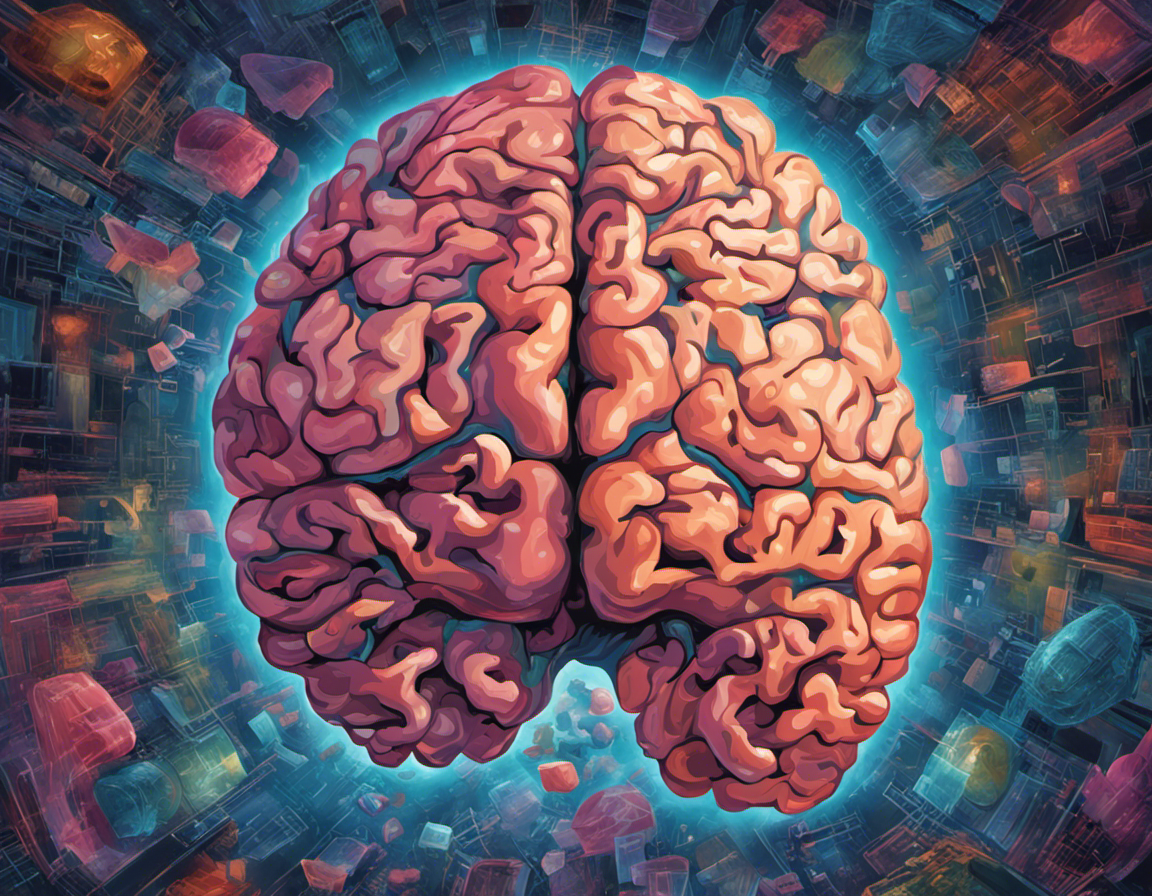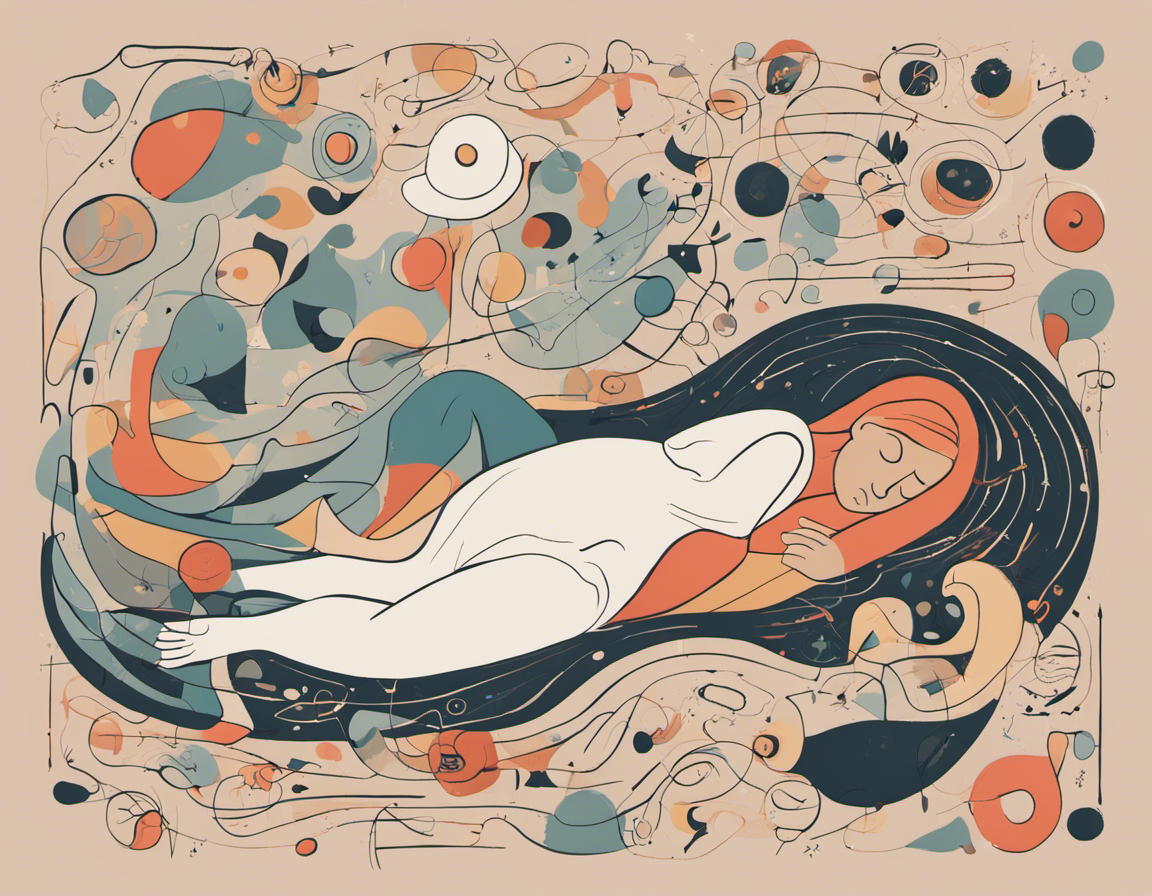Understanding the Imperative Role of Sleep for Optimal Health and Safety

Have you ever pulled an all-nighter only to feel sluggish and absent-minded the next day? Now, imagine the possible long-term consequences of neglected sleep. In this informative discourse, we will delve into the detrimental effects of sleep deprivation on our overall health and well-being.
From exponential risks of heart diseases and stroke to an impaired immune system, from cognitive limitations to a potential spike in accidents, sleep deprivation emerges as a silent catalyst accelerating these perils.
The purpose of this article is not to frighten but to caution and inform about the often overlooked component of our lives – Sleep. It underscores the imperative role of adequate sleep in maintaining optimal health and safety.
So, join us in unraveling how those extra hours lost in scrolling through screens or pressing work could eventually be a debt-demanding hefty payment. We assure you by the end of this read. You will appreciate the necessity of a good night’s sleep like never before.
Did you know that the Centers for Disease Control and Prevention (CDC) declared insufficient sleep a public health epidemic? This may come as a shock, but it is a glaring fact that many of us tend to ignore. In this case, ignorance is not bliss but an invitation to potential health risks. With this revelation in mind, let’s delve into the effects of sleep deprivation.
The Dangers of Sleep Deprivation
The adverse effects of not getting enough sleep go far beyond under-eye bags and lethargy. Chronic sleep deprivation can severely affect your physical health, leading us to explore further.
Increased Risk of Heart Disease and Stroke
Alarmingly, sleep deprivation has been linked with long-term cardiovascular ailments, including heart disease and stroke. Understanding how lack of sleep influences your heart’s health is pivotal in comprehending the depth of this issue.
How Lack of Sleep Affects Cardiovascular Health
Getting sufficient sleep is not just about waking up fresh and energetic but also about keeping your heart healthy. During sleep, your body works to repair heart and blood vessels, regulating blood pressure and heartbeat. When you cut short these crucial hours of rest, it disrupts these processes. The consequent stress triggers inflammation and the creation of chemicals in your body, leading to higher blood pressure and cholesterol- perfect ingredients for heart disease and stroke.
Weakened Immune System and Susceptibility to Infections
Imagine an army without ammunition! That’s precisely what happens to your immune system when you are sleep-deprived over time. As a result, this weakened state leaves you more susceptible to infections.
How Sleep Deprivation Impacts Immunity
Sleep is the time when your immune system produces specific proteins called cytokines. These cytokines promote sleep, protect against infections and inflammation, and help in stress responses. A reduction in sleep dips the production of these protective cytokines and other immune cells. This makes the body’s defense mechanism slow to respond to antigens, making you vulnerable to common infections and challenging your body’s response to vaccines. Therefore, a night of good sleep isn’t just about feeling rested; it’s also about being guarded against potential health threats.
Imagine a world where millions pound caffeine daily to combat the pervasive exhaustion that creeps in as the day continues. What if I told you this isn’t a dystopian fantasy but our everyday reality? Shocking but absolutely actual: this results from sleep deprivation, a public health epidemic that impacts people globally.
Cognitive Impairments and Mental Health Issues
Just like a machine, our brain needs downtime to recharge its batteries in order to function optimally. Uninterrupted rest is vital for memory consolidation and the general upkeep of cognitive abilities. When sleep is compromised, cognitive functions suffer. Reflected in poor decision-making, reduced attention span, impaired reasoning and problem-solving skills. Moreover, chronic sleep deprivation can lead to long-term mood disorders like depression and anxiety.
The Effect of Sleep Deprivation on Cognitive Functions
With a lack of proper rest, the mind begins to falter, and functioning at your full potential becomes insurmountable. Indicative signs include an inability to concentrate or learn new tasks. One may find it challenging to remember things or react quickly, affecting productivity at work and interpersonal relationships. Ongoing research links sleep deprivation with severe cognitive dysfunctions such as Alzheimer’s and dementia.
Increased Risk of Accidents
Running on little to no sleep affects performance and makes individuals more susceptible to accidents. In fact, sleep-deprivation-related accidents account for significant fatalities and injuries annually in vehicular accidents alone.
How Lack of Sleep Contributes to Accidents and Injuries
Sleep is meant to serve as a recharge for your body and mind. Without enough sleep, however, reaction times are slower, which increases the likelihood of accidents—in both professional environments involving heavy machinery and everyday life scenarios. Studies have proven that driving while sleep-deprived can be equally dangerous as drunk driving. Lack of sufficient sleep inhibits our ability to react promptly, makes us less alert, and increases the chance of mistakes, leading to minor mishaps and catastrophic blunders. Not surprisingly, high-risk industries such as healthcare, transportation, law enforcement, and aviation consider fatigue management critically important.
Conclusion
In summary, our bodies pay high prices for disregarding sleep. The repercussions of sleep deprivation cascade into every aspect of physical, mental, and even public health, endangering not just the individual but also our communities. The increased chances of developing conditions like heart disease and stroke, vulnerability to infections due to weakened immunity, cognitive impairments, and a magnified possibility of accidents place an undeniable emphasis on the cruciality of sound sleep.
The thread that connects sleep deprivation to a broad spectrum of health issues tells us that sleep is foundational to our health – just as much as nutrition and exercise. Understanding this link is the first step towards fundamentally reshaping our beliefs about sleep.
So, let’s pledge not to let sleep be an afterthought but prioritize it as an essential element of holistic wellness. Be keen about getting your recommended hours of quality shut-eye daily, and consciously shift away from practices or habits that inhibit your sleep.
Remember, good health begins at bedtime. Protect your sleep today for a healthier tomorrow. Let’s strive for a world where we’re not ‘sleep deprived’ but ‘sleep revived.’ This could be your first step towards fanning the flames of this neglected public health crisis. In such challenging times, we cannot underestimate the power of a good night’s sleep.




Comments